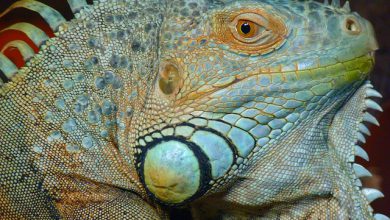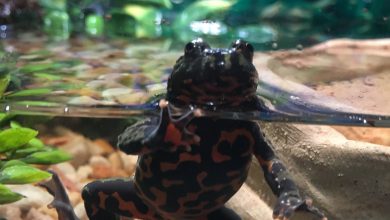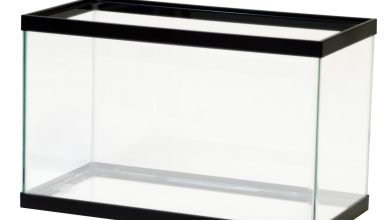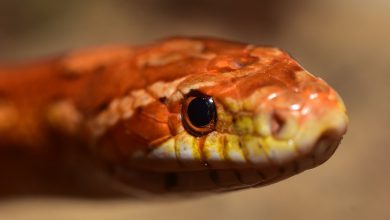How to Know if Two Reptile Species Can Live Together – The Tye-Dyed Iguana
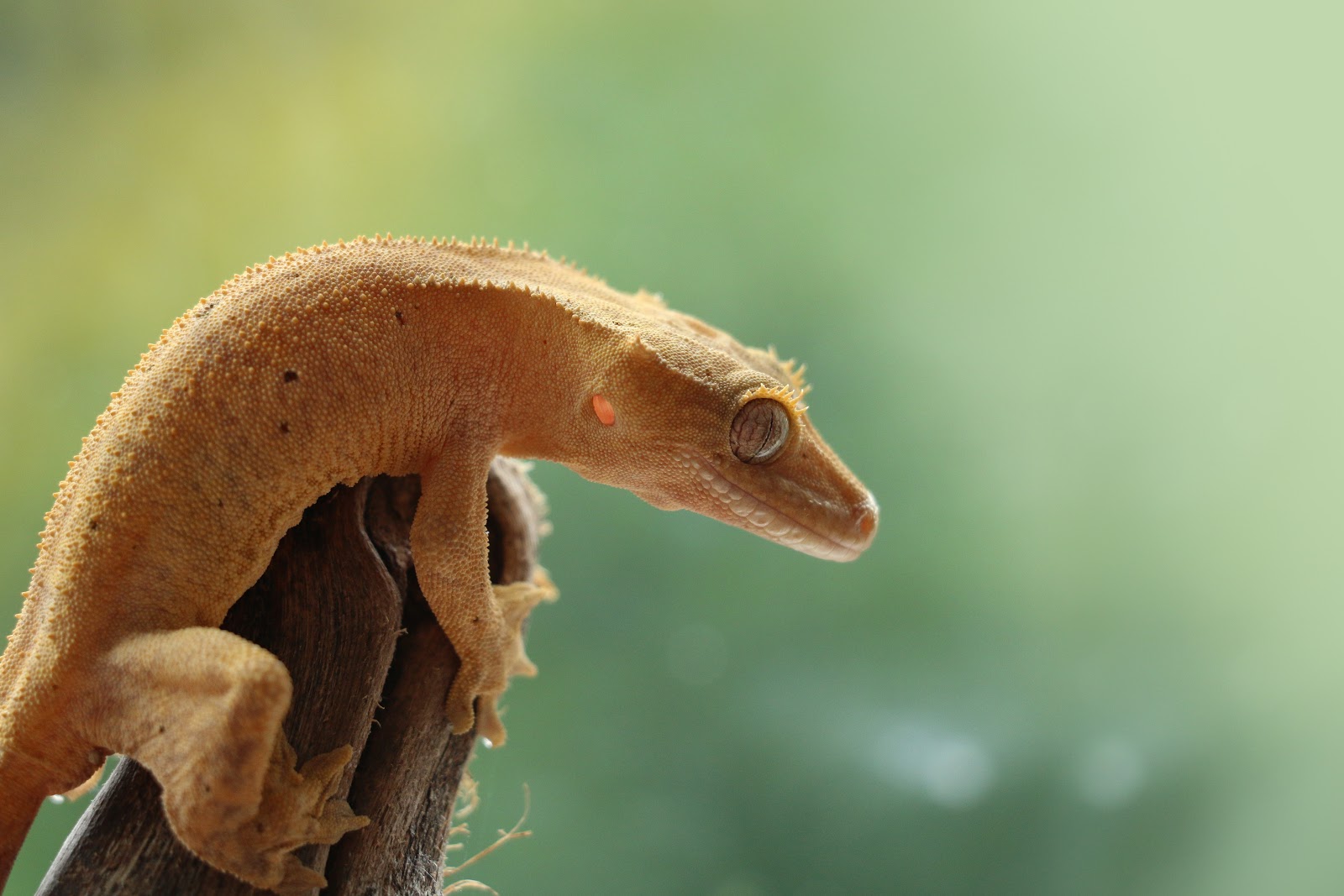
Photo by Pierre Bamin
Deciding whether to live together. Itâs a big deal. Even for exotic pets.
If youâre planning to play matchmaker with two different species of reptile, youâll need to do some research to determine whether the arrangement is in the best interest of all animals involved.
To that aim, here are the minimum questions you need to research in order to decide whether cohabitating might work for your pets.
Are their habitat requirements similar?
The first thing you may ask yourself when deciding whether two species can share an enclosure is, âAre they from the same region of the world?â But youâd actually be asking too specific of a question.
Your reptiles donât have to be from the exact same region in order to live together.
All you really need to check is whether their habitat and climate requirements are similar. As long as they can live in the same temperature and humidity, theyâve passed the first test for cohabitation.
Of course, there are a few other requirements to check before tossing two species in together.
Are their diets similar?
If your animals are going to be living in an enclosure together, youâll have to make sure they eat pretty much the same kinds of food. This is a safety measure to make sure they donât end up eating something theyâre not supposed to.
The downside to keeping multiple species in the same enclosure is making sure that each animal gets enough food. Itâs possible that a tank-mate could be stealing food from the other animal.
Of course, this can happen with multiple animals of the same species, as well. But in a mixed terrarium, different species may have different food quantity requirements, even if they eat the same kind of thing.
And as you can probably guess, food scarcity can lead to fights and injuries for your reptiles. The best way to alleviate this problem is to make sure that if you are keeping multiple animals together, each animal has plenty of space to be by itself when it wants to.
Can each species use the same substrate?
So your exotic pets are comfortable in the same temperature and humidity, and they eat the same kinds of food. Thatâs good, but youâre not quite past all of the tests for whether they can live together.
The final thing to check is that both species can live in the same kind of substrate. Some species, such as uromastyx, have very specific substrate requirements. Youâll want to make sure the substrate provides digging area for species that burrow, that it maintains appropriate humidity levels, and that it isnât dangerous for any of the species to eat.
The big thing to consider is that each animal gets what it needs to thrive. Donât combine species at the risk of reducing health or quality of life for one animal or the other.
If youâre not sure about whether the species you want to put together will actually do well cohabitating, come into The Tye-Dyed Iguana and talk to our staff for recommendations.
